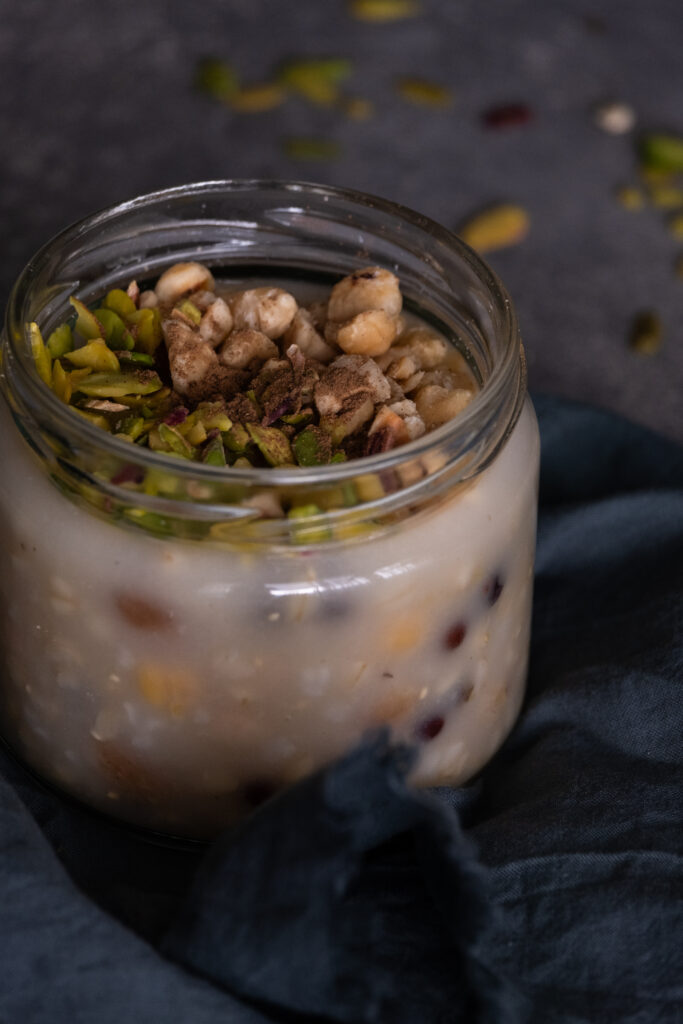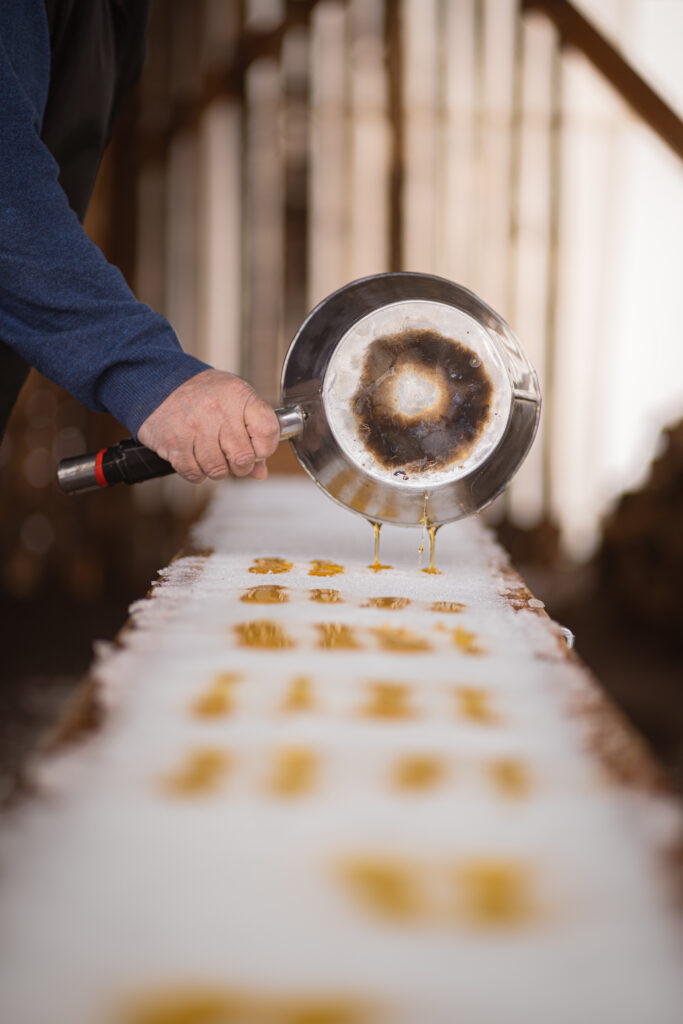
Have you ever wondered if you can use a homemade solution to clean your washing machine drum? Well, you’re not alone! Many people are searching for more natural and cost-effective ways to keep their appliances clean. In this article, we will explore whether homemade solutions are a viable option for cleaning your washing machine drum. Get ready to discover some simple and practical tips that will help you maintain a clean and fresh-smelling washing machine without breaking the bank. So, let’s dive in and find out if homemade solutions are up to the task!

Importance of cleaning the washing machine drum
Keeping your washing machine drum clean is essential for several reasons. Regular cleaning not only prevents odor and bacteria buildup but also improves the performance of your machine and extends its lifespan. By understanding the composition of the washing machine drum, you can better grasp the importance of maintenance and the consequences of neglecting it.
Understanding the composition of the washing machine drum
The washing machine drum is typically made of durable materials such as stainless steel, porcelain enamel, or plastic. Each material has its advantages and disadvantages, but regardless of the type, all drums are prone to common issues. These include dirt, soap scum, and mineral deposits, which can lead to unpleasant odors and even affect the quality of your laundry if left unaddressed.
Neglecting maintenance can have significant effects on your washing machine and its performance. A dirty drum can cause clothes to come out with a musty smell, or even leave visible marks and stains. Additionally, the build-up of grime and residue can lead to blockages in the drainage system, potentially causing leaks or water damage to your machine.

Types of homemade solutions for cleaning the washing machine drum
There are several homemade solutions you can use to effectively clean your washing machine drum. These solutions are affordable, readily available, and environmentally friendly alternatives to commercial cleaning products. Some popular options include vinegar and baking soda mixture, lemon and salt mixture, bleach solution, and hydrogen peroxide solution.
Vinegar and baking soda not only have excellent cleaning properties but also work together to eliminate odors and dissolve mineral deposits. Lemon and salt are natural disinfectants that can also remove stains and leave your drum smelling fresh. Bleach is a powerful cleaner that can kill bacteria and mold, while hydrogen peroxide is effective against stains and mildew.
Precautions before using homemade solutions
Before using any homemade solution to clean your washing machine drum, it is important to check the manufacturer’s guidelines. Some manufacturers may have specific recommendations or restrictions regarding the use of certain cleaning agents. It is also essential to avoid using abrasive ingredients, as they can damage the drum’s surface.
To avoid any mishaps, it is recommended to test the homemade solution on a small area of your machine first. This way, you can ensure that the solution does not cause any adverse reactions or damage to the drum. Once you have determined that the solution is safe to use, you can proceed with cleaning your washing machine.

Step-by-step guide to clean the washing machine drum with a homemade solution
To clean your washing machine drum with a homemade solution, follow these steps:
-
Gather the necessary supplies: Depending on the homemade solution you choose, gather vinegar, baking soda, lemons, salt, bleach, hydrogen peroxide, and a clean cloth or sponge.
-
Prepare the washing machine: Empty the drum of any laundry and make sure it is completely empty. Remove any removable parts such as the detergent dispenser and filter if applicable.
-
Apply the homemade solution: Depending on the solution you are using, pour the appropriate amount into the washing machine drum. For vinegar and baking soda, use equal parts of both. For lemon and salt, squeeze the juice of several lemons and add a generous amount of salt. For bleach and hydrogen peroxide, follow the recommended usage instructions on the product.
-
Run a cleaning cycle: Set your washing machine to a high-temperature cycle and run it without any laundry inside. This will allow the homemade solution to thoroughly clean the drum and remove any dirt or residue.
-
Wipe the drum: Once the cleaning cycle is complete, dampen a clean cloth or sponge with water and wipe down the drum to remove any remaining solution or dirt. Pay close attention to corners and crevices where grime may accumulate.
Additional tips and tricks for maintaining a clean washing machine drum
In addition to regularly cleaning the drum with homemade solutions, there are a few other tips and tricks you can follow to maintain a clean washing machine:
-
Regularly clean the detergent dispenser: Remove the dispenser and rinse it thoroughly to remove any soap residue or buildup. Wipe it dry before placing it back into the machine.
-
Keep the machine door open after each use: Leaving the door open allows air to circulate, preventing moisture buildup and reducing the risk of mold or mildew formation.
-
Remove and clean the filter: Depending on the type of washing machine you have, there may be a filter that collects lint and debris. Regularly remove and clean this filter to ensure optimal performance and prevent blockages.
-
Check for any leaks or blockages: Periodically inspect your washing machine for any leaks or blockages in the drainage system. Addressing these issues promptly can prevent water damage and prolong the lifespan of your machine.
Benefits and drawbacks of using homemade solutions
Using homemade solutions to clean your washing machine drum has several benefits, but it also has some drawbacks to consider:
-
Cost-effectiveness: Homemade solutions are affordable, using ingredients you likely already have in your kitchen pantry.
-
Environmentally friendly: By using homemade solutions, you avoid using potentially harmful chemicals found in commercial cleaning products, making it a more eco-friendly choice.
-
Limited effectiveness for stubborn stains: While homemade solutions can effectively clean most dirt and residue, they may not be as effective on stubborn stains or heavily soiled drums.
-
Potential risks and damage to the washing machine: It is crucial to follow precautionary measures and test homemade solutions before use to avoid any damage or adverse reactions on the washing machine drum.
When to consult a professional
While homemade solutions can address most cleaning needs, there are instances where consulting a professional may be necessary. Consider reaching out to a professional if you experience any of the following:
-
Persistent odor and mold growth: If you continuously notice a foul smell or mold growth despite regular cleaning, it may be a sign of underlying issues that require professional attention.
-
Unusual noises or vibrations: If your washing machine starts making unusual noises or vibrating excessively during operation, it could indicate a mechanical problem that needs professional assistance.
-
Leaks and water damage: If you notice any leaks or signs of water damage around your washing machine, it is important to have it inspected by a professional to prevent further damage and potential safety hazards.
-
Electrical issues: Any electrical issues, such as sparks or malfunctions, should always be addressed by a professional technician to avoid the risk of electrical shocks or fire hazards.
Conclusion
Cleaning your washing machine drum regularly is essential for preventing odor, bacteria buildup, and improving the overall performance of your machine. By using homemade solutions, you can effectively and affordably maintain a clean drum while minimizing potential environmental impact. However, it is crucial to follow precautions, test solutions, and consult a professional when necessary to ensure the longevity and safe operation of your washing machine.



